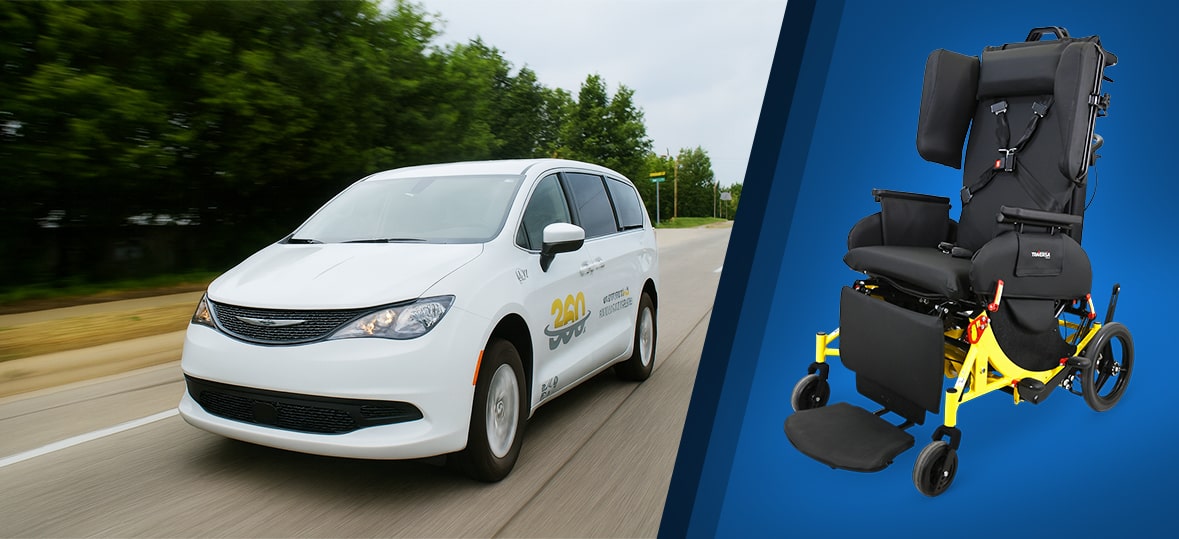 NEMT -
NEMT - Welcome to our Blog
Learn more about Broda from our extensive library of blog posts.
View All
 NEMT -
NEMT - 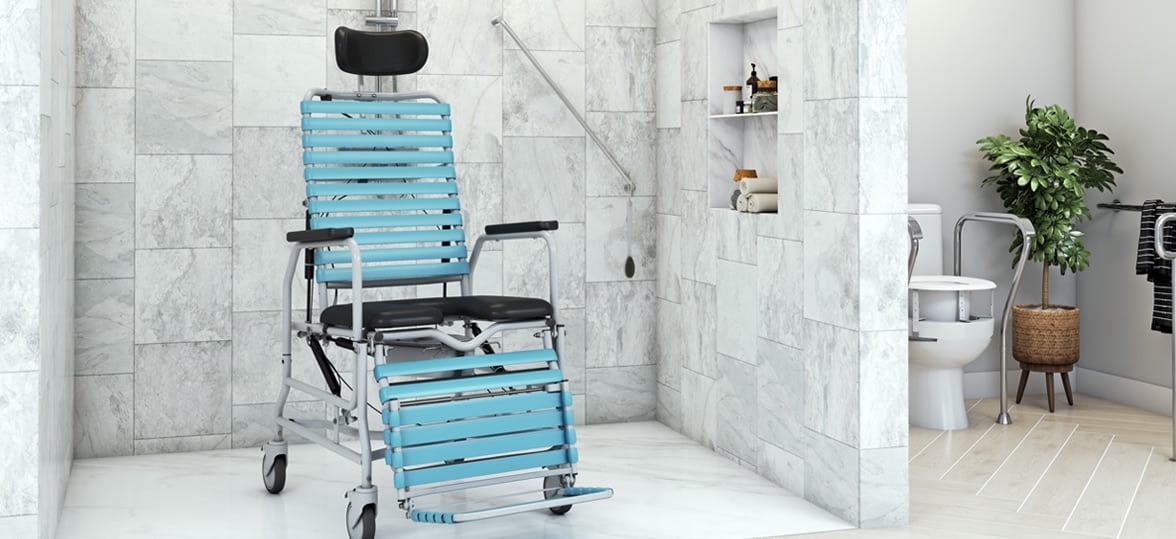 Caregivers -
Caregivers - How to Shower in a Broda Wheelchair: 6 Tips
Providing safe and dignified bathing care for wheelchair users is about more than just basic hygiene. As... Broda Tips -
Broda Tips - Boosting Resident Wellness with Broda This Winter: Actionable Tips & Insights
Winter brings unique challenges for residents in long-term care, with shorter days, colder temperatures, circulating illnesses, and inclement weather...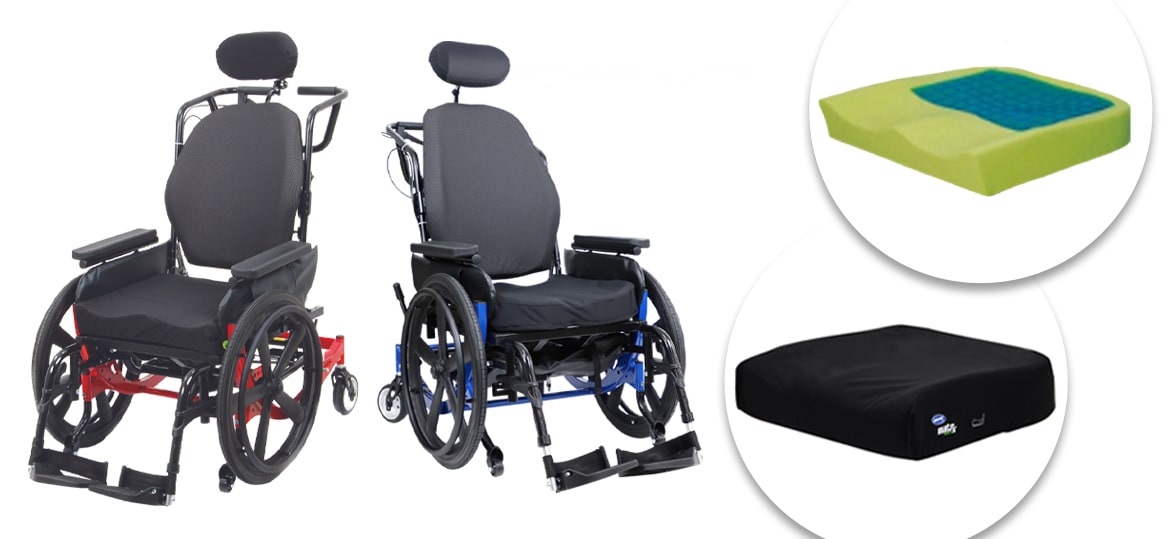 DME Suppliers -
DME Suppliers - Wheelchair Cushion Types: How to Choose the Best One for Your Needs
Comfort isn’t one size fits all, and neither are wheelchair cushions. Physical condition, additional symptoms, and seating... Caregivers -
Caregivers - How to Create the Ultimate Sensory Room: 5 Key Tips for a Calming Environment
Creating spaces that are welcoming and accessible to everyone is a cornerstone of modern facility design. For...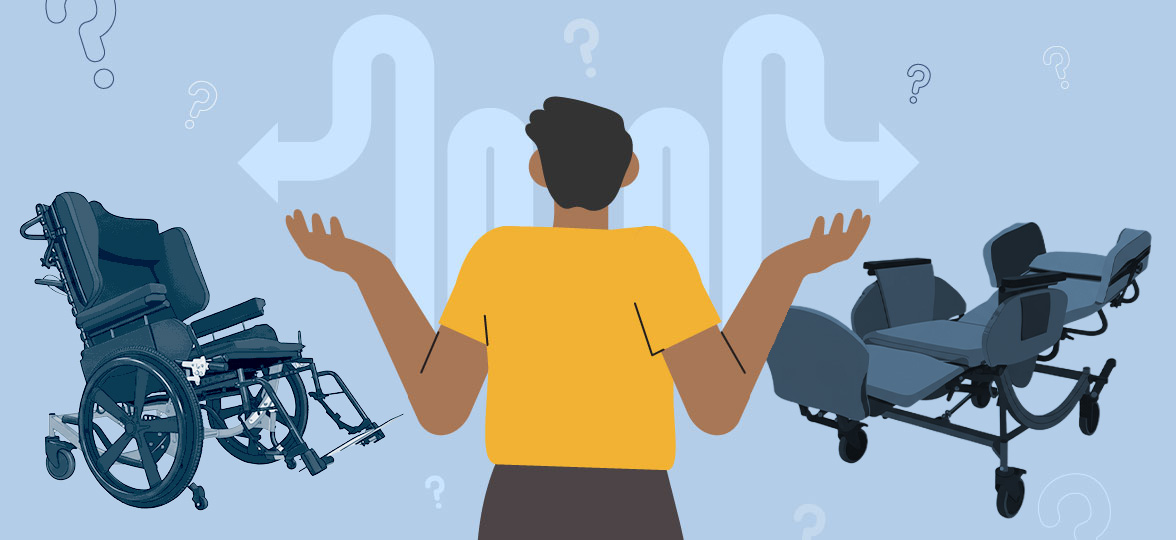 Caregivers -
Caregivers - Tilt vs. Recline Wheelchair Features: What’s the Difference?
When selecting positioning wheelchair options for yourself or a loved one, you’ll need to determine which elements... Caregivers -
Caregivers - The Best Wheelchairs for Long-Term Care
Choosing the right wheelchair in a long-term care setting is one of the most critical decisions for... NEMT -
NEMT - Essential Safety Features to Look for in a Transport Wheelchair
Transport wheelchairs are pivotal in making mobility easier for individuals with limited movement. There are many options... NEMT -
NEMT - How to Get More NEMT Contracts in 2026: 6 Ideas
Securing Non-Emergency Medical Transportation (NEMT) contracts is crucial for success in the NEMT industry. Building long-term partnerships... Caregivers -
Caregivers - Standard Wheelchair Measurements: Sizing Chart & Expert Tips
For individuals with a progressive health condition or a lasting mobility issue, choosing the right wheelchair can...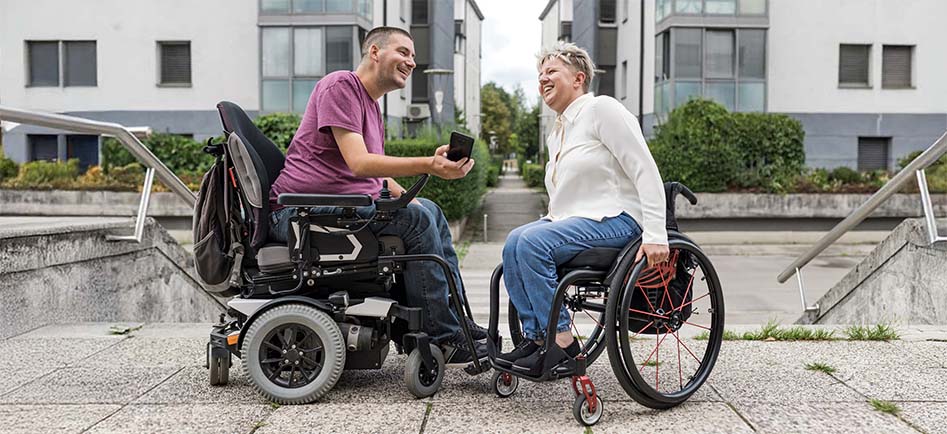 Broda Tips -
Broda Tips - Advantages of Electric vs. Manual Wheelchairs: Weighing the Tradeoffs for Long-Term Independence and Comfort
Whether you’ve just received a new diagnosis, or you’ve been a wheelchair user for a long time,...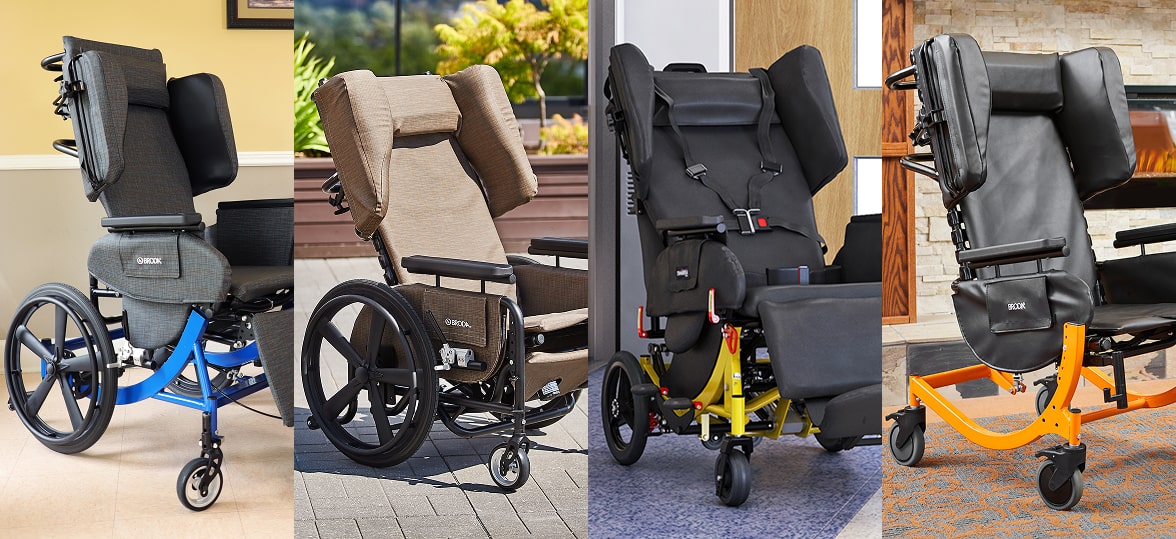 Broda Tips -
Broda Tips - 8 Benefits of a High-Quality Customized Wheelchair’s Unique Features
The number of wheelchair users in the US is approximately 3.3 million, each of them with unique... Broda Tips -
Broda Tips -